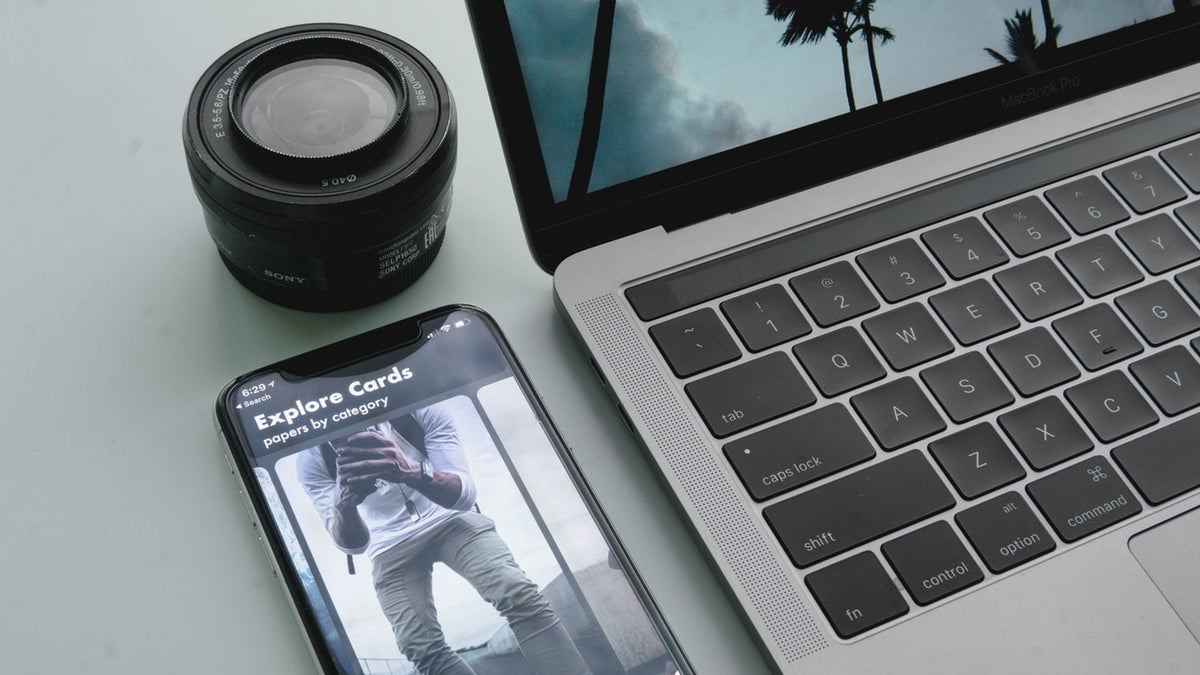

Of course, these recommendations are only the first steps in a broader effort to minimize the scope of policing, and to confront and reckon with the role of police in the United States. Requiring clear public logging of law enforcement use.

These include:īanning the use of consent searches of mobile devices,Ībolishing the plain view exception for digital searches,Įnacting robust data deletion and sealing requirements, and But recognizing that MDFTs are already in widespread use across the country, we offer a set of preliminary recommendations that we believe can, in the short-term, help reduce the use of MDFTs. We believe that MDFTs are simply too powerful in the hands of law enforcement and should not be used. For law enforcement, “obile phones remain the most frequently used and most important digital source for investigation.” Moreover, many Americans - especially people of color and people with lower incomes - rely solely on their cellphones to connect to the internet. In 2011, only 35% of Americans owned a smartphone. The emergence of these tools represents a dangerous expansion in law enforcement’s investigatory powers. Given how routine these searches are today, together with racist policing policies and practices, it’s more than likely that these technologies disparately affect and are used against communities of color. Law enforcement use these tools to investigate not only cases involving major harm, but also for graffiti, shoplifting, marijuana possession, prostitution, vandalism, car crashes, parole violations, petty theft, public intoxication, and the full gamut of drug-related offenses. To our knowledge, this is the first time that such records have been widely disclosed.Įvery American is at risk of having their phone forensically searched by law enforcement. We found that state and local law enforcement agencies have performed hundreds of thousands of cellphone extractions since 2015, often without a warrant.

Based on 110 public records requests to state and local law enforcement agencies across the country, our research documents more than 2,000 agencies that have purchased these tools, in all 50 states and the District of Columbia. This report documents the widespread adoption of MDFTs by law enforcement in the United States. As one expert puts it, with the amount of sensitive information stored on smartphones today, the tools provide a “window into the soul.” To search phones, law enforcement agencies use mobile device forensic tools (MDFTs), a powerful technology that allows police to extract a full copy of data from a cellphone - all emails, texts, photos, location, app data, and more - which can then be programmatically searched. Every day, law enforcement agencies across the country search thousands of cellphones, typically incident to arrest.


 0 kommentar(er)
0 kommentar(er)
